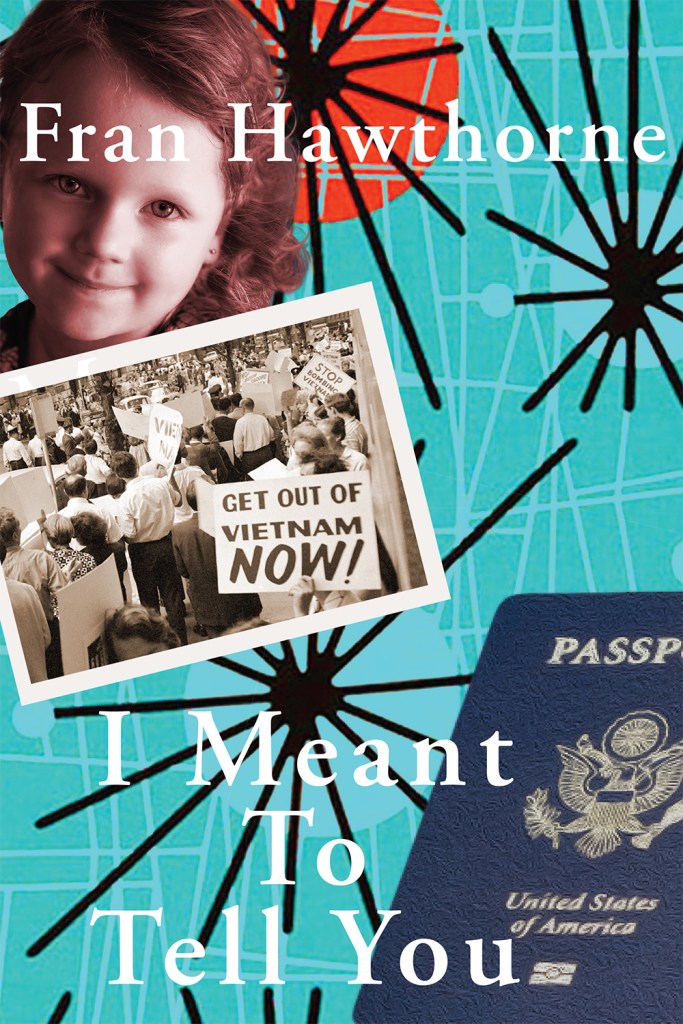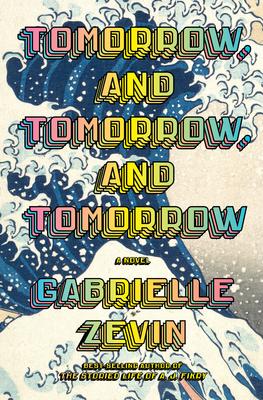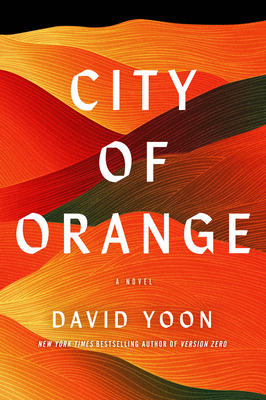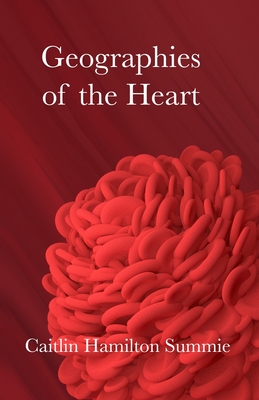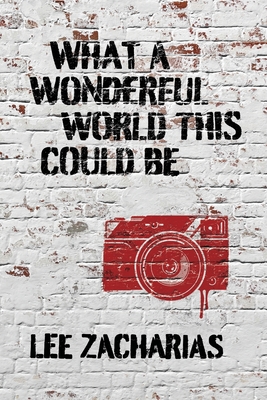I Meant to Tell You by Fran Hawthorne is a book about lies, trust, and relationship and the complicated nature of each.
Miranda’s fiancé, Russ, is applying for a job at the US Attorney’s office that requires an FBI background check of everybody Russ is close to—including Miranda. Miranda, who has one arrest in her history, think it’s not worth mentioning since as far as she knows it’s been erased from her record. When the FBI turns up the arrest though, it brings up more than a confrontation between Miranda and Russ.
Miranda was arrested seven years ago, and at this point, mostly blocks the memory out. She had been helping a friend in an abusive relationship get to the airport so that friend could be with her family in Israel. The friend also had a daughter, so when the trio was stopped at the airport, Miranda was arrested for aiding a kidnapping. Miranda argues that she never saw her arrest as a big deal: she saw it as helping a friend. A friend in an abusive relationship. A friend with a child. A friend who had been there for her through all the tough times. Russ doesn’t see it that way though and feels betrayed by Miranda’s dishonesty.
Once Miranda’s own dark history is revealed, a tirade of other untold mysteries and lies comes to light. Miranda finds she’s not the only one keeping secrets as her world begins to crash around her. Each person that she is close to reveals one more thing they’ve been keeping from her too.
Through it all, Hawthorne seems to be asking readers to consider what it means to lie. If a secret is always a bad thing? Why, as humans, we keep secrets from one another at all? What is damaged when we keep a secret and what might still need time to heal before we can share that secret?
There is also an undercurrent theme of what it means to make a mistake. So many of the characters in I Meant to Tell You make mistakes that greatly impact them for the rest of their lives, even though most of those mistakes were one-time missteps. While these missteps cause Hawthorne’s characters grief and agony, they also lead the characters to lives they could’ve never predicted living, to people they would’ve otherwise never met. And there seems to be the suggestion that even a big mistake can lead to something worthwhile.
Published by Stephen F. Austin State University Press in 2022, you can pick up a copy of I Meant To Tell You by Fran Hawthorne at your local independent bookstore today.
Read more fiction book reviews at Centered on Books.
FTC Disclaimer: This book was given to me in return for a fair and honest review of the text.
